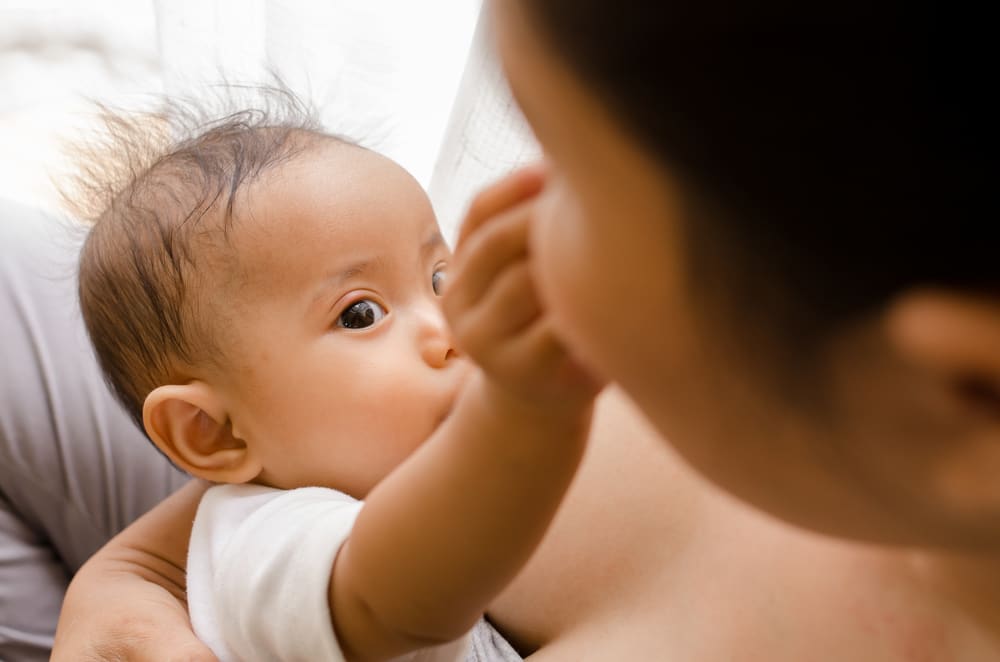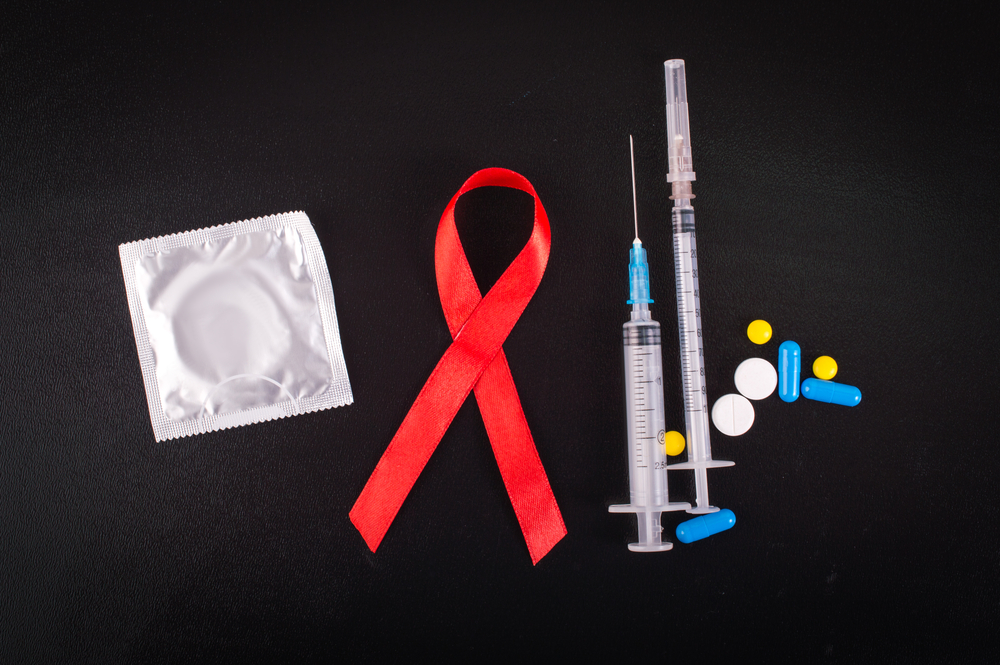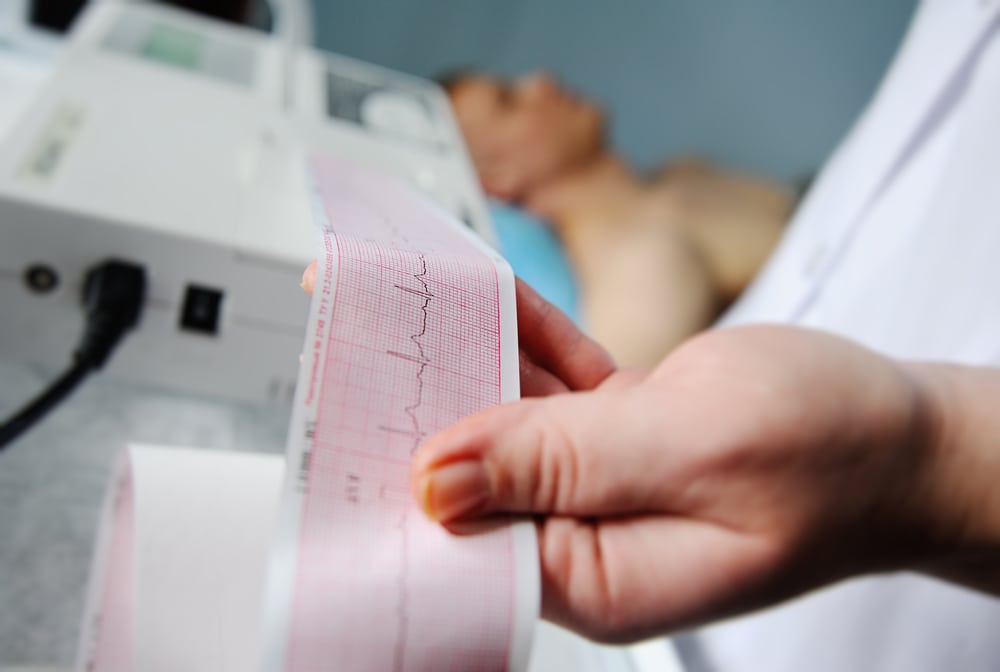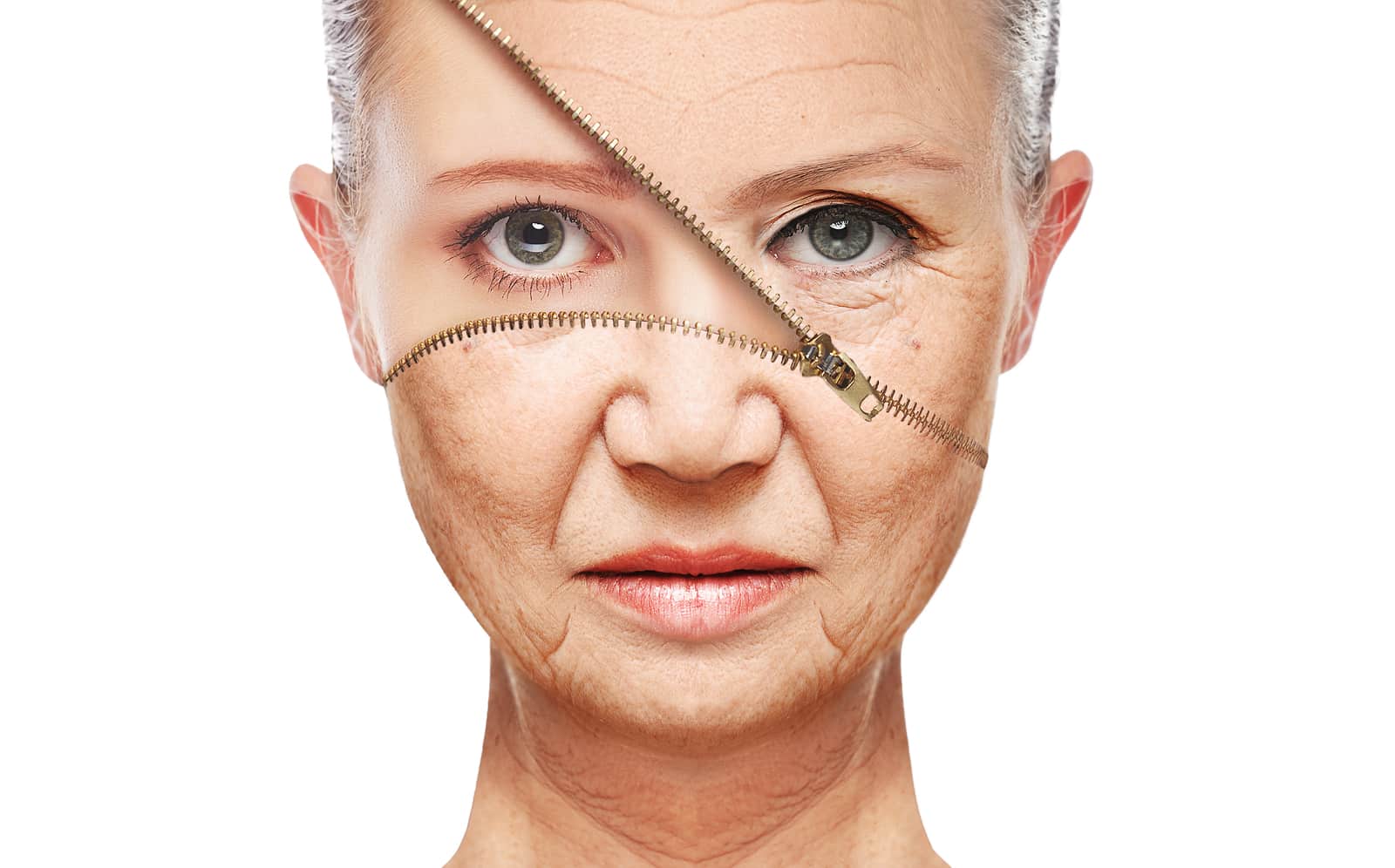Contents:
- Medical Video: Newborn Burping Techniques
- You can't breastfeed your baby if ...
- 1. Babies have galactosemia
- 2. Mothers have HIV
- 3. Tuberculosis and herpes
- 4. Mother is chemotherapy
Medical Video: Newborn Burping Techniques
We all agree that breast milk is a nutrient that is very important for babies, and breast milk should be given. However, under certain conditions, breast milk is not recommended to be given to babies on medical grounds where the benefits of breastfeeding are not worth the risk. What conditions cause the mother not to breastfeed her baby?
You can't breastfeed your baby if ...
1. Babies have galactosemia
Galactosemia is a very rare genetic disease in which babies suffering from galactosemia cannot process galactose into glucose because of an enzyme deficiency called GALT.
Babies suffering from galactosemia are born normal, but along with increased consumption of breast milk the baby will start to cause symptoms. Babies with galactosemia must be given special foods that do not contain galactose.
Most carbohydrates in breast milk contain lactose, which is then broken down into galactose in the digestive tract, and absorbed into the blood. Under normal conditions, galactose will be converted into glucose by GALT in the blood so that it can be used by the body. However, in infants with galactosemia, this does not occur so there is a buildup of galactose in the blood. Therefore, babies suffering from galactosemia are not allowed to be breastfed.
2. Mothers have HIV
Mothers who have HIV may not be able to suckle babies because they can transmit the HIV virus to their babies through breast milk. However, especially for poor developing countries, a mother with HIV is allowed to give ASI because formula milk is not available due to economic reasons. But of course, with note, anti-retro viral drugs (ARVs) are given regularly. For this reason, mothers with HIV must follow a strict treatment program.
In addition, breast milk should be preheated to kill the HIV virus found in breast milk. An easy and inexpensive method is to put the milk into a container, then place it in a pan filled with water to heat. When it's boiled, the milk is removed and cooled to the temperature of the human body. This method is calledflash-heating.
From the research, it was found that infants who were given exclusive breastfeeding for 3 months had a lower risk of being infected with HIV compared to babies fed on breast milk and formula milk. In addition, infants who were exclusively breastfed for 6 months and combined with antiretroviral drugs for 6 months, the risk of infection was getting smaller.
3. Tuberculosis and herpes
Mothers who suffer from tuberculosis (TB) and herpes simplex in the breast area may not breastfeed their children because they are highly contagious. However, if breast milk is squeezed from the breast and given with a milk bottle, breast milk can still be given because it is not transmitted through breast milk.
Mothers of TB patients are allowed to breastfeed if they have undergone TB therapy for at least 2 weeks and it is proven that the examination has not transmitted TB bacteria.
Mothers with herpes may not breastfeed directly. Herpes simplex is very dangerous if it attacks a baby because the immune system is not well formed. Babies infected with herpes have severe symptoms and often cause death. It is recommended to squeeze the milk and give it through a milk bottle.
4. Mother is chemotherapy
In addition to infectious diseases, mothers who suffer from diseases such as cancer and are undergoing chemotherapy are not only not allowed to breastfeed, but also not recommended to give breast milk. This is because drugs in the mother's blood can enter breast milk and have a bad effect on the baby.
Mothers who undergo chemotherapy are advised to pump breast milk and dispose of it so that milk production is maintained. You can give breast milk after the chemotherapy process is complete and the oncologist allows you to give breast milk.












